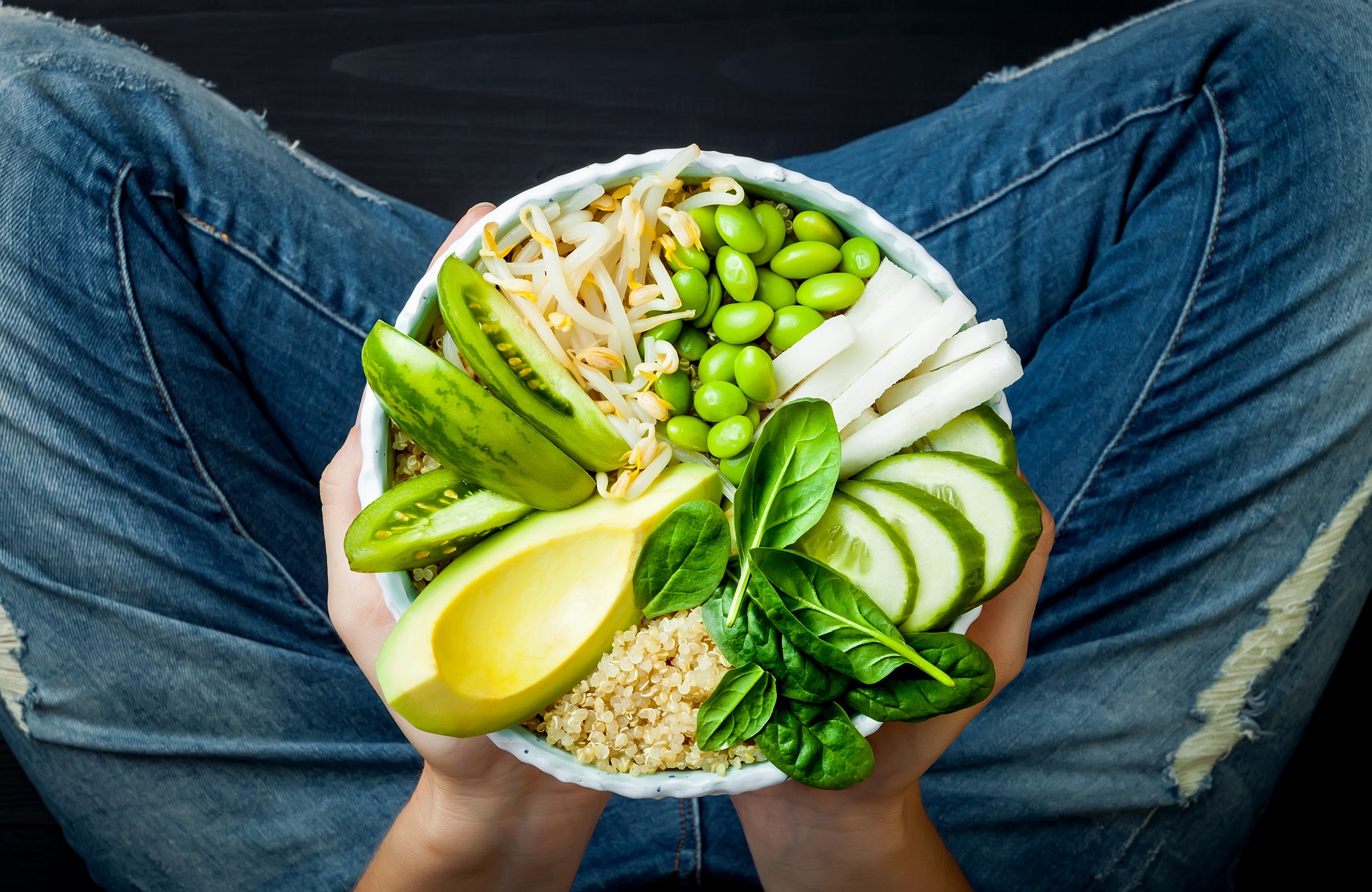Fifth of young adults believe people won't eat meat by 2030, according to new study
Will the popularity of vegetarianism and veganism lead to a meat-free world?

Your support helps us to tell the story
From reproductive rights to climate change to Big Tech, The Independent is on the ground when the story is developing. Whether it's investigating the financials of Elon Musk's pro-Trump PAC or producing our latest documentary, 'The A Word', which shines a light on the American women fighting for reproductive rights, we know how important it is to parse out the facts from the messaging.
At such a critical moment in US history, we need reporters on the ground. Your donation allows us to keep sending journalists to speak to both sides of the story.
The Independent is trusted by Americans across the entire political spectrum. And unlike many other quality news outlets, we choose not to lock Americans out of our reporting and analysis with paywalls. We believe quality journalism should be available to everyone, paid for by those who can afford it.
Your support makes all the difference.Imagine a world where beef burgers are a thing of the past, chicken kebabs no longer exist and a Sunday roast is a distant memory.
While this future may sound like a far-fetched concept, one in five young adults believe this could become a possibility in the next 12 years, a new study has found.
The number of people becoming vegan has increased drastically in recent years, with more than 3.5 million Brits now choosing to forego all animal by-products.
While the popularity of vegetarianism and veganism is showing no signs of waning, many may find the idea of the entire world going meat-free highly improbable.
However, according to a recent study conducted by YouGov for technology company ThoughtWorks, about one in five adults aged between 18 and 24 think that people will stop eating meat completely by 2030.
The researchers questioned a sample of 2,000 people to investigate how people’s shopping habits may change in the near future.
The study revealed that people are likely to start placing greater importance on the environmental impact of their purchases, with 32 per cent stating that they’ll feel more inclined to buy food that’s been ethically sourced from a sustainable supply chain.
On top of that, 62 per cent of the individuals polled said that in future they may prefer to purchase food products that have been packaged using recyclable materials.
While many of those questioned demonstrated their concern for the environment when revealing how their shopping habits may change in the upcoming years, others placed greater importance on expenditure.
57 per cent of those polled said that the price of food will become a more important factor for them in the next 12 years when doing their food shopping.
Several supermarkets and retailers have made strong efforts to become more environmentally friendly over the past few years, with sales of single-use plastic bags dropping drastically by 86 per cent since the introduction of a 5p charge.
Despite this increased focus on sustainability, a recent study has unveiled that only a third of the UK’s plastic food packaging is actually recyclable.
“It’s time for manufacturers to stop letting a smorgasbord of unrecyclable and damaging plastic flow into our environment,” said Judith Black, environment spokeswoman for the Local Government Association.
“That needs to happen urgently, but the government should now consider banning low-grade plastics, particularly those for single use, in order to increase recycling."
Join our commenting forum
Join thought-provoking conversations, follow other Independent readers and see their replies
Comments